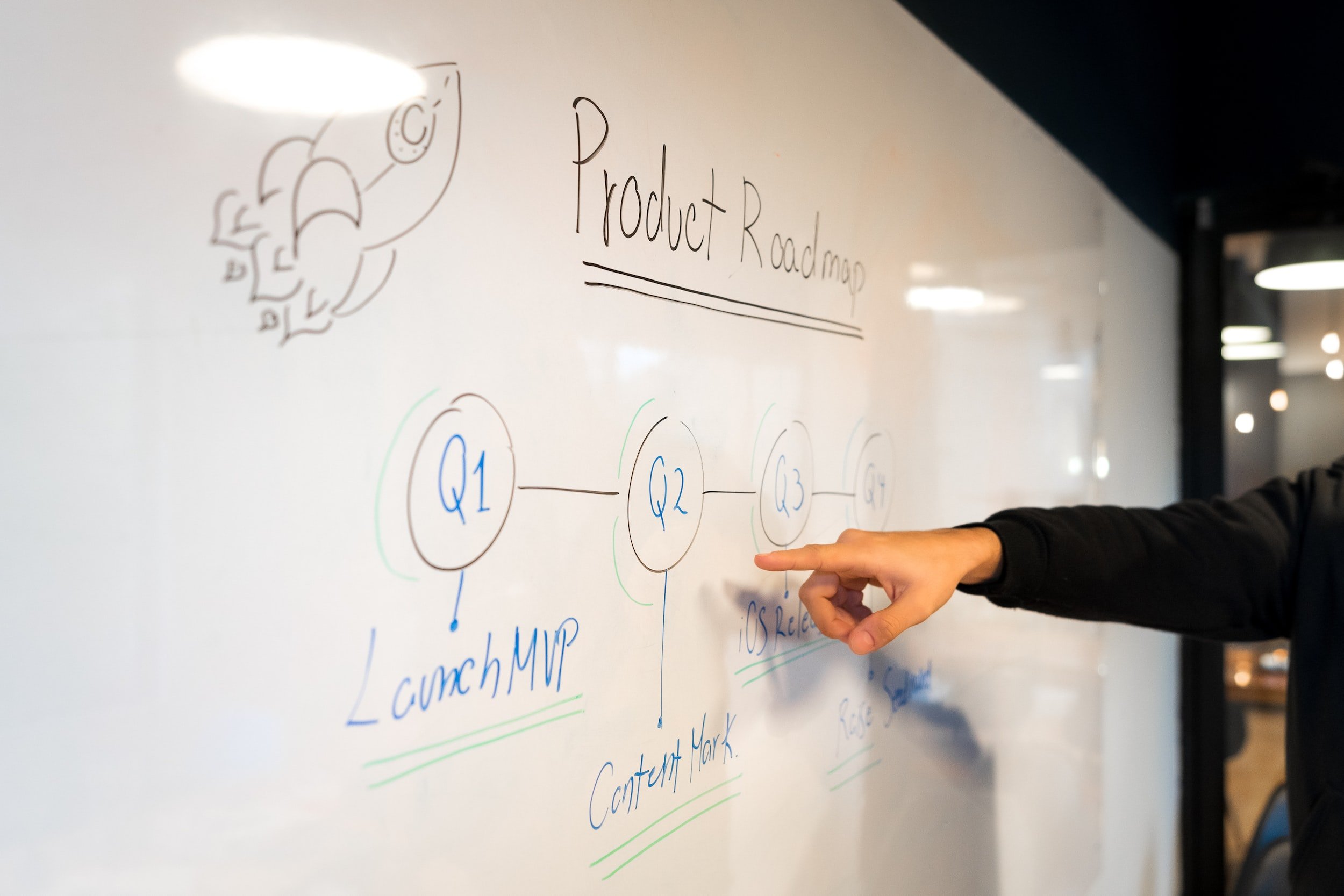Dude, Where's My Roadmap?
Every Product Owner thinks their team and situations are unique - whether it’s a distributed team, multiple products, or team dynamics, we all feel our circumstances have challenges no other team has faced. The truth is we all have opportunities to learn new ways to solve old problems. Luckily, when we get the chance to share these experiences, we realize we are not alone. After presenting my solution for my “unique” situation, it was requested that I share with a broader audience.
Be Extra With Remote Teams
I have enjoyed working successfully and extensively with remote teams for years now. There are many challenges to overcome, and this article does not address the logistical issues; rather it focuses on the team building factors that are the core of success. Much of this is good for all teams everywhere, but it is essential to do this on an extra level with remote teams.
Safety First! Use the Power of Psychological Safety to Build Winning Teams
Psychological safety has become the center of many conversations around the world. But is it a fad, or just another buzzword? Firsthand, I emphatically believe that it is the core of building a successful team. I’ve worked with groups that were struggling, silent, not sharing ideas, following orders, miserable, with a huge turnover rate, terrible quality of deliverables, and working overtime on projects that were deemed as failing. With a lot of love, respect, and caring about the team and the humans that the team is made of, I have watched them grow and form into powerful entities full of innovative thoughts and successful sprints. Working less, they produced more than they ever had before and became leading teams in their space.
Don’t Skip the Retro!
The Sprint Retrospective, or “Retro,” is a Scrum Event that occurs at the end of every Sprint. During this Event, the Scrum team talks about the previous sprint – what went well and what can be improved – and then adapts their team processes, based on what is uncovered in that discussion. It is this consistent cycle of inspection and adaptation that creates a high-performing team. Unfortunately, this is the one Scrum Event that many teams (or worse, leadership) want to skip. However, I am begging you: Please. Do. Not. Skip. The. Retro. Seriously. Don’t do it!
5 Tips to Improve Your Own Emo EQ as a Product Owner
A Product Owner is constantly balancing expectations from the business, the team, and users. It’s a tough job. You might feel you are doing all the right things, but your team is just not responding. If you feel you are not getting the best results from your team, or perhaps you sense they just don’t like working with you, you might benefit from improving your emotional EQ.
Providing Valuable Performance Feedback
As knowledge workers we are trained to perform our job roles mainly through academic learning. While this is essential for us to perform our tasks, there is typically no training for supervisors or managers in providing feedback to their team members. Often, performance reviews are treated as something that is required to be done by corporate rules and as such relegated to annual or bi-annual events.
What is it like for you to receive feedback once a year? What is your experience getting feedback from managers? In this blog I will share some tips that will enable you to provide feedback in a meaningful way throughout the year, not just during an official review period. This is even more critical in the VUCA world we live in now.
User Stories, Fables, Tales, and Chronicles
This article covers some basic concepts but there are specific techniques you will need, such as story elaboration, hierarchies, targeting personas, story splitting, impact mapping, etc. We offer advanced story writing workshops that meet your needs.
Contact us to learn more and deliver products that will wow your users! We provide training, workshops, and consulting to get your product game to the top of the league!
3 Steps to Grow Your Product Mindset
Do you want to create products your customers love? It’s not just a marketing gimmick. Take these 3 steps to grow your Product Mindset and change the world.
The Product Mindset Manifest
These four elements of Product Management create a basis for a Product Mindset. Learn how the Growth Mindset, the Agile Mindset, and the Product Mindset intersect. Explore how you can go further, and what courageous questions you might not be asking.
Why Agile Transformations Fail
There's no shortage of reasons why agile transformations fail, but you can avoid many of the pitfalls by educating yourself on common issues and preparing your business for potential problems.
Good Agile Patterns
If your organization has decided to utilize an agile scaling technique it is important to understand both how to implement these changes and how to test the implementation.
Scrumalogies: Analogies for Scrum - Part Two
We gathered together some genius analogies to draw parallels between real life and the Scrum framework. This is a continuation of analogies from Part One.
Scrumalogies: Analogies for Scrum - Part One
Have you ever tried to explain how a Scrum concept works in a way that people can relate with? We find the easiest way to simply explain scrum is to use analogies that fit into everyone’s everyday knowledge.
What Is an Agile Organization?
What is an Agile organization exactly? What are some common characteristics of Agile organizations and how can your company develop those characteristics?
I Need a Date: Organizational Anti-Patterns
Time again, when working with product teams building software applications, the big question always is, “When will it be done?”
Motivational Interviewing – Collaborating to Facilitate Change
Motivational Interviewing is a goal-oriented way of having a collaborative conversation with a person or group, while paying particular attention to the language of change.
Confessions of a Scrum Master - Being Transparent with "No Offense Taken"
One of the values closely embraced when working in an agile environment is transparency. If we aren’t transparent then we may give obscure answers to questions or act with muddied behavior not clearly understood by anyone.
Coaching Agile Teams on Relationship Management
As agile coaches, if we don’t focus on making relationship management an integral part of our teachings, we are doing our team a major disservice.
5 Tips for New Scrum Masters
Scrum Masters need to be willing to engage with an open mind while remaining focused on what they want to accomplish. Here are five tips that you can use to better position yourself to succeed as a new Scrum Master.
4 Agile Steps Your Team Can Take
Companies embark on their Agile transformations every day, but how do they do it and what are the common agile transformation steps?




















